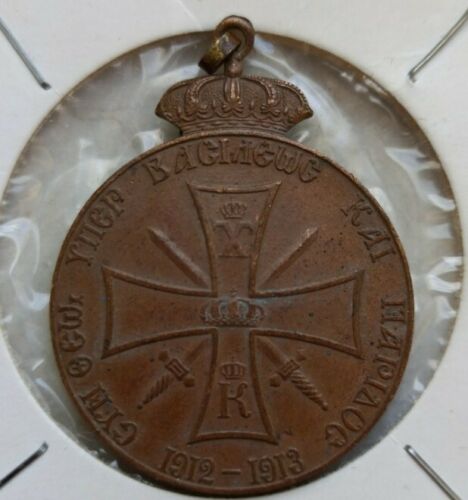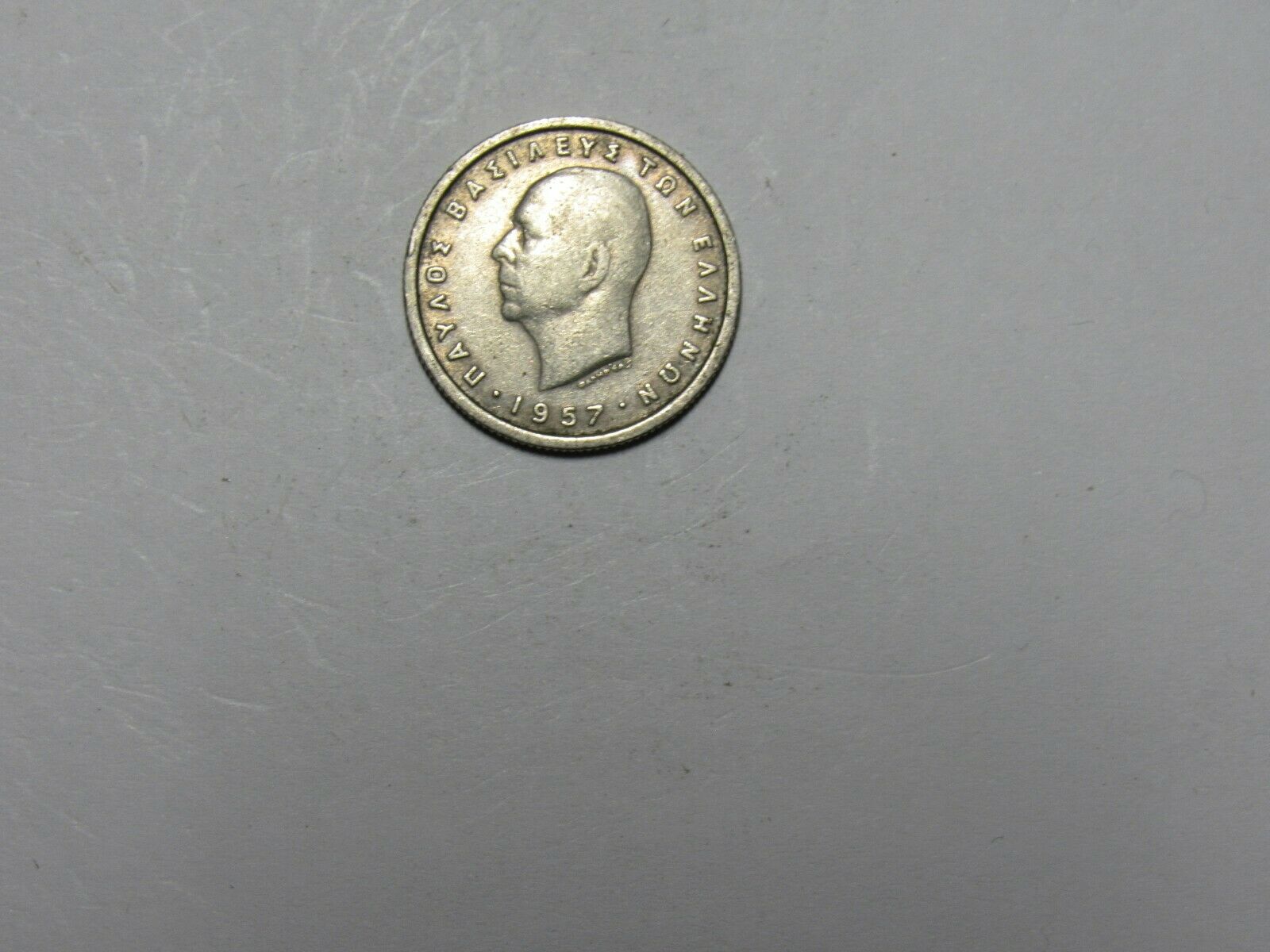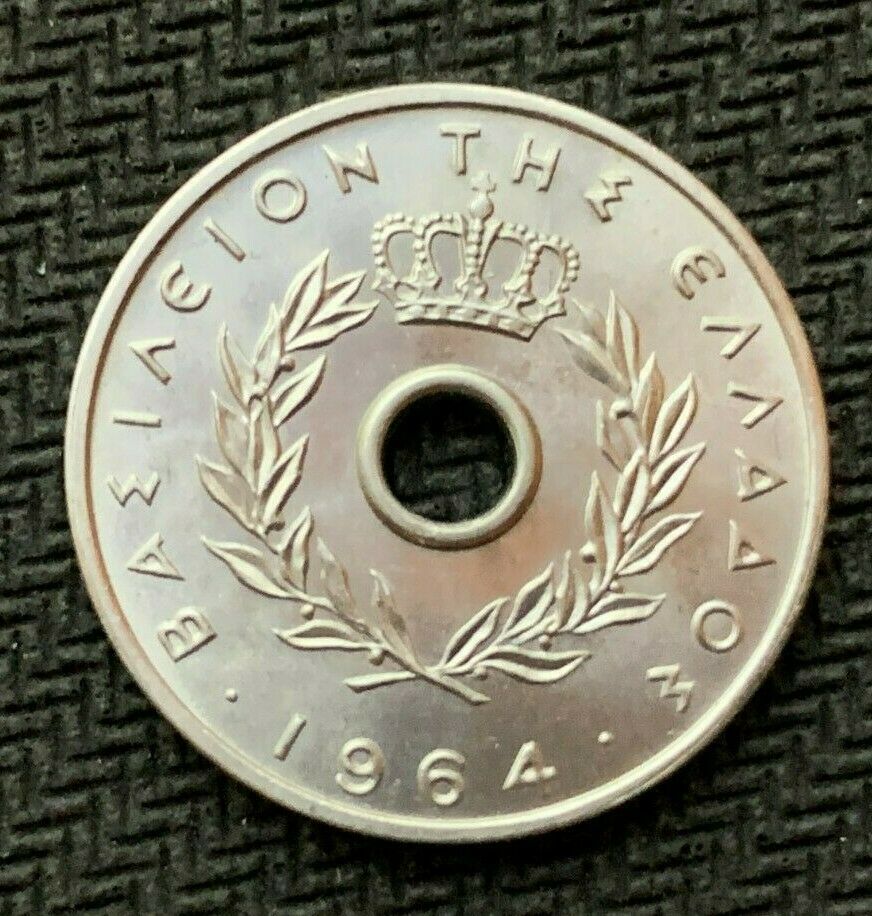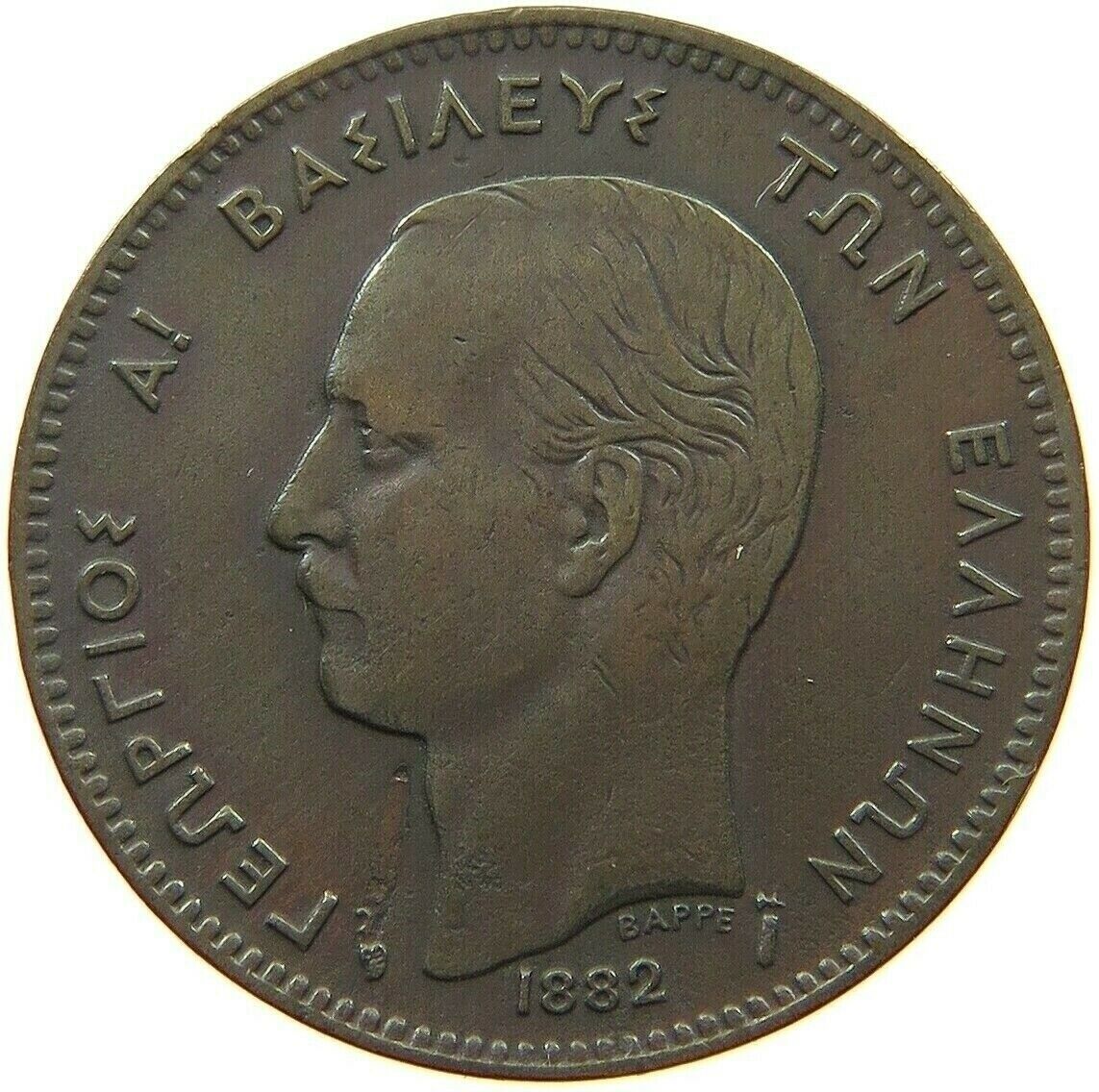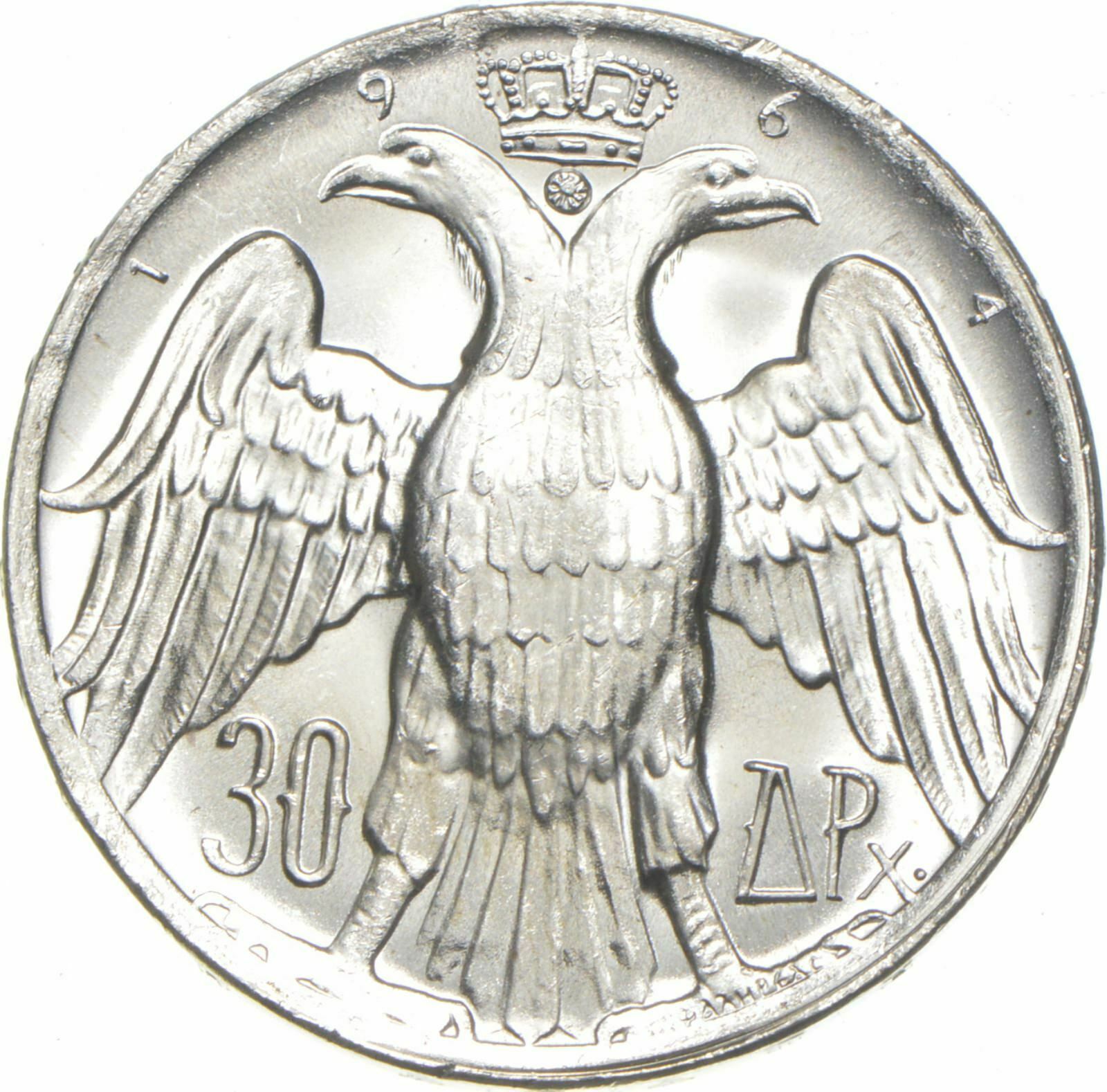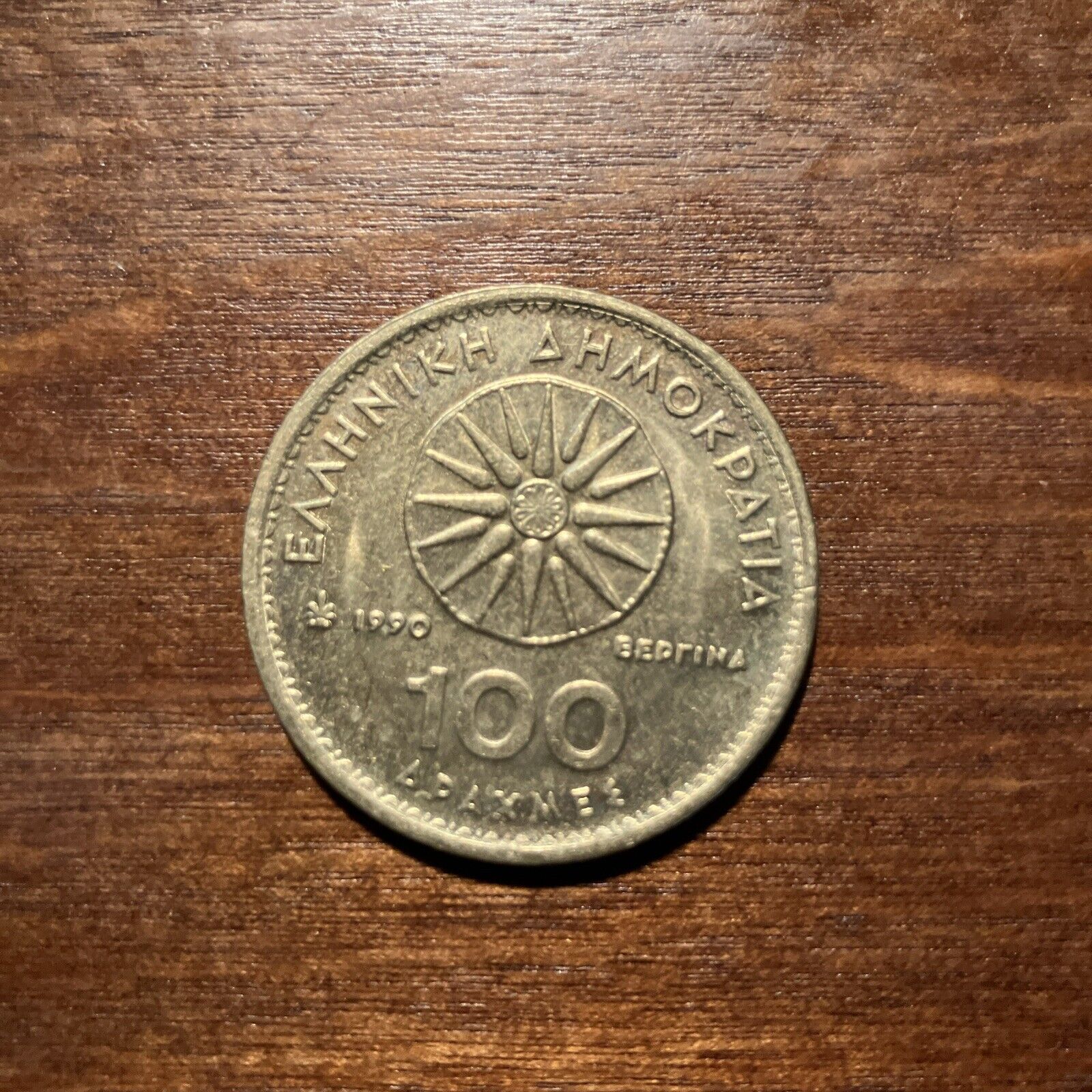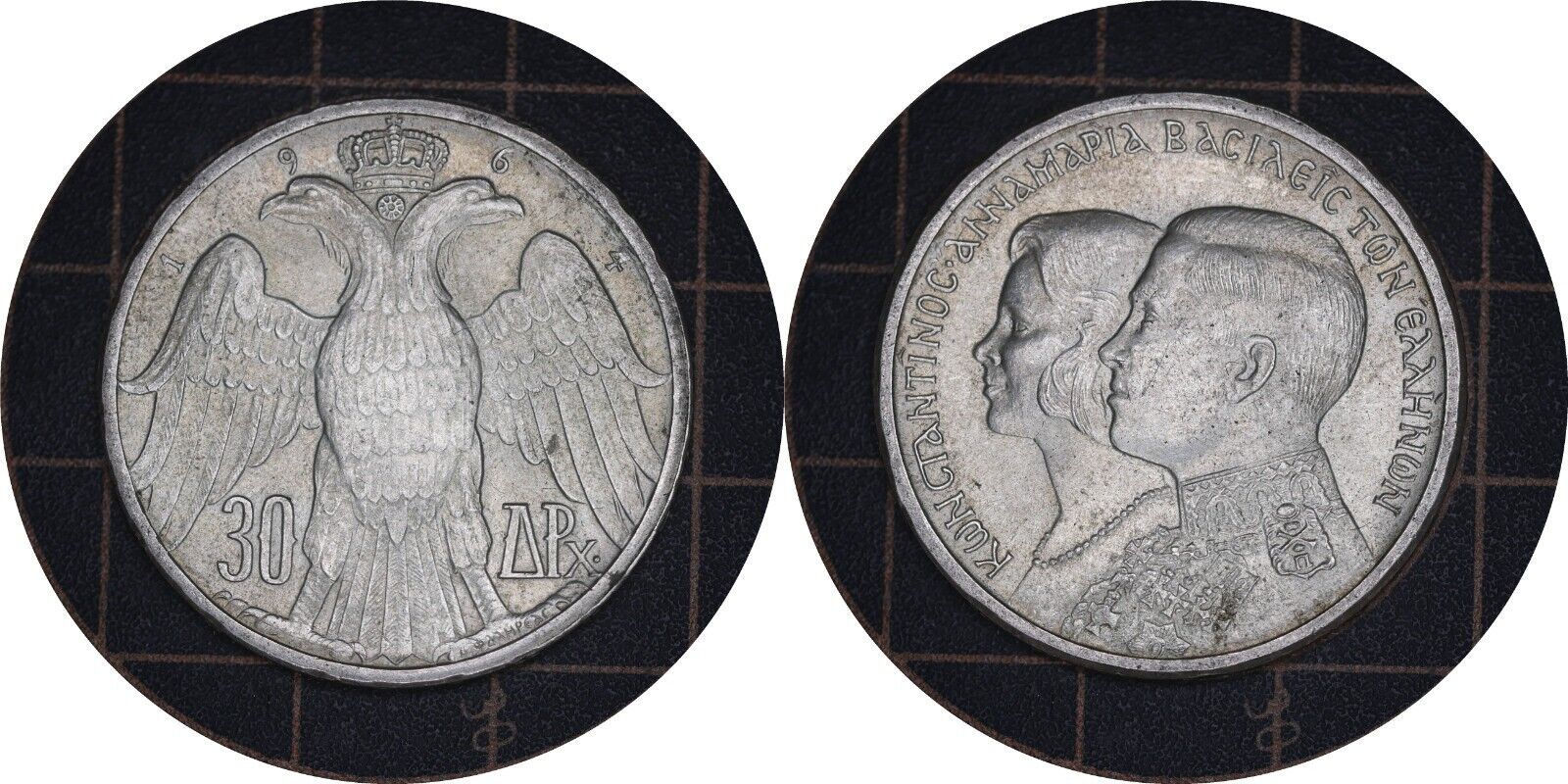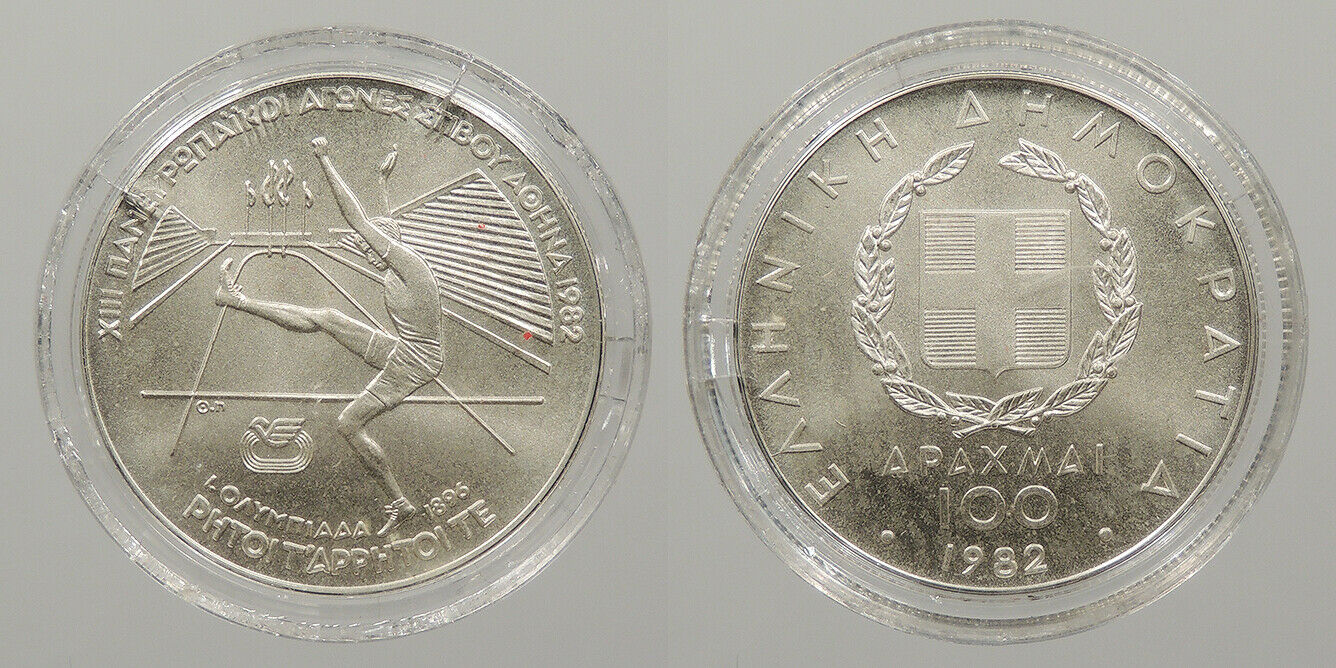-40%
GREEK medal 🅰 Macedonia Greece 1st Balkan war 1912 1913 🅰 Grecia Griechenland
$ 25.87
- Description
- Size Guide
Description
ΓΙΑ ΕΛΛΑΔΑ ΓΙΝΕΤΑΙ ΚΑΙ ΑΝΤΙΚΑΒΟΛΗ Η ΚΑΤΑΘΕΣΗ/ΜΕΤΑΦΟΡΑ ΣΕ ΤΡΑΠΕΖΑ.Επικοινωνήστε για λεπτομέρειες.
The item on the pictures is the one that you will receive.
Look carrefully and judge for your self for the quallity and the grade.
S&h is .90 for all the world.
Registered mail with international tracking number.
Each additional item is free.
BID WITH CONFIDENCE.
.
SELLER with 100% POSITIVE FEEDBACK.
Athena
Goddess of wisdom, handicraft, and war
Mattei Athena
at
Louvre
. Roman copy from the 1st century BC/AD after a Greek original of the 4th century BC, attributed to Cephisodotos or Euphranor.
Abode
Mount Olympus
Symbol
Owls
,
olive trees
,
snakes
,
Aegis
,
armour
,
helmets
,
spears
,
Gorgoneion
Personal information
Parents
In the
Iliad
:
Zeus
alone
In
Theogony
: Zeus and
Metis
[a]
Siblings
Aeacus
,
Angelos
,
Aphrodite
,
Apollo
,
Ares
,
Artemis
,
Dionysus
,
Eileithyia
,
Enyo
,
Eris
,
Ersa
,
Hebe
,
Helen of Troy
,
Hephaestus
,
Heracles
,
Hermes
,
Minos
,
Pandia
,
Persephone
,
Perseus
,
Rhadamanthus
, the
Graces
, the
Horae
, the
Litae
, the
Muses
, the
Moirai
Children
No natural children, but
Erichthonius of Athens
was her adoptive son
Equivalents
Roman equivalent
Minerva
Etruscan equivalent
Menrva
Canaanite equivalent
Anat
[2]
Egyptian equivalent
Neith
Celtic equivalent
Sulis
This article contains
special characters
.
Without proper
rendering support
, you may see
question marks, boxes, or other symbols
.
‹ The
template
Sidebar with collapsible lists
is being
considered for merging
. ›
Part of
a series
on
Ancient Greek religion
Features
[show]
Deities
[show]
Ethics
[show]
Practices
[show]
Sacred places
[show]
Texts
[show]
History
[show]
Religion portal
Ancient Greece portal
v
t
e
Athena
[b]
or
Athene
,
[c]
often given the
epithet
Pallas
,
[d]
is an
ancient Greek goddess
associated with wisdom, handicraft, and warfare
[3]
who was later
syncretized
with the
Roman goddess
Minerva
.
[4]
Athena was regarded as the patron and protectress of various cities across Greece, particularly the city of
Athens
, from which she most likely received her name.
[5]
She's usually shown in art wearing a helmet and holding a spear. Her major symbols include
owls
,
olive trees
,
snakes
, and the
Gorgoneion
.
From her origin as an Aegean
palace goddess
, Athena was closely associated with the city. She was known as
Polias
and
Poliouchos
(both derived from
polis
, meaning "city-state"), and her temples were usually located atop the fortified
acropolis
in the central part of the city. The
Parthenon
on the
Athenian Acropolis
is dedicated to her, along with numerous other temples and monuments. As the patron of craft and weaving, Athena was known as
Ergane
. She's also a
warrior goddess
, and was believed to lead soldiers into battle as
Athena Promachos
. Her main festival in Athens was the
Panathenaia
, which was celebrated during the month of
Hekatombaion
in midsummer and was the most important festival on the Athenian calendar.
In
Greek mythology
, Athena was believed to have been born from the head of her father
Zeus
. In the
founding myth
of Athens, Athena bested
Poseidon
in a competition over patronage of the city by creating the first olive tree. She's known as
Athena Parthenos
"Athena the Virgin," but in one archaic
Attic
myth, the god
Hephaestus
tried and failed to rape her, resulting in
Gaia
giving birth to
Erichthonius
, an important Athenian founding hero.
Athena was the patron goddess of heroic endeavor; she's believed to have aided the heroes
Perseus
,
Heracles
,
Bellerophon
, and
Jason
. Along with
Aphrodite
and
Hera
, Athena was one of the three goddesses
whose feud
resulted in the beginning of the
Trojan War
. She plays an active role in the
Iliad
, in which she assists the
Achaeans
and, in the
Odyssey
, she is the divine counselor to
Odysseus
.
In the later writings of the Roman poet
Ovid
, Athena was said to have competed against the mortal
Arachne
in a weaving competition, afterwards transforming Arachne into the first spider; Ovid also describes how she transformed
Medusa
into a
Gorgon
after witnessing her being raped by Poseidon in her temple. Since the
Renaissance
, Athena has become an international symbol of wisdom, the arts, and
classical learning
. Western artists and
allegorists
have often used Athena as a symbol of
freedom
and
democracy
.
Poseidon
God of the sea, storms, earthquakes, horses
Poseidon from
Milos
, 2nd century BC (
National Archaeological Museum of Athens
)
Abode
Mount Olympus
, or the Sea
Symbol
Trident
, fish, dolphin, horse, bull
Personal information
Parents
Cronus
and
Rhea
Siblings
Hades
,
Demeter
,
Hestia
,
Hera
,
Zeus
,
Chiron
Consort
Amphitrite
,
Aphrodite
,
Demeter
,
various others
Children
Theseus
Triton
Polyphemus
Orion
Belus
Agenor
Neleus
Atlas
(the first king of
Atlantis
)
Pegasus
Chrysaor
Roman equivalent
Neptune
This article contains
special characters
.
Without proper
rendering support
, you may see
question marks, boxes, or other symbols
.
‹ The
template
Sidebar with collapsible lists
is being
considered for merging
. ›
Part of
a series
on
Ancient Greek religion
Features
[show]
Deities
[show]
Ethics
[show]
Practices
[show]
Sacred places
[show]
Texts
[show]
History
[show]
Religion portal
Ancient Greece portal
v
t
e
Poseidon
(
/
p
ə
ˈ
s
aɪ
d
ən
,
p
ɒ
-,
p
oʊ
-/
;
[1]
Greek
:
Ποσειδῶν
,
pronounced
[poseːdɔ́ːn]
) was one of the
Twelve Olympians
in
ancient Greek religion
and
myth
, god of the sea, storms, earthquakes and horses.
[2]
In pre-Olympian
Bronze Age Greece
, he was venerated as a chief deity at
Pylos
and
Thebes
.
[2]
His Roman equivalent is
Neptune
.
Poseidon was protector of seafarers, and of many Hellenic cities and colonies. In
Homer
's
Iliad
, Poseidon supports the Greeks against the Trojans during the
Trojan War
and in the
Odyssey
, during the sea-voyage from Troy back home to
Ithaca
, the Greek hero
Odysseus
provokes Poseidon's fury by blinding his son, the
Cyclops
Polyphemus
, resulting in Poseidon punishing him with storms, the complete loss of his ship and companions, and a ten-year delay. Poseidon is also the subject of a
Homeric hymn
. In
Plato
's
Timaeus
and
Critias
, the island of
Atlantis
was Poseidon's domain.
[3]
[4]
[5]
